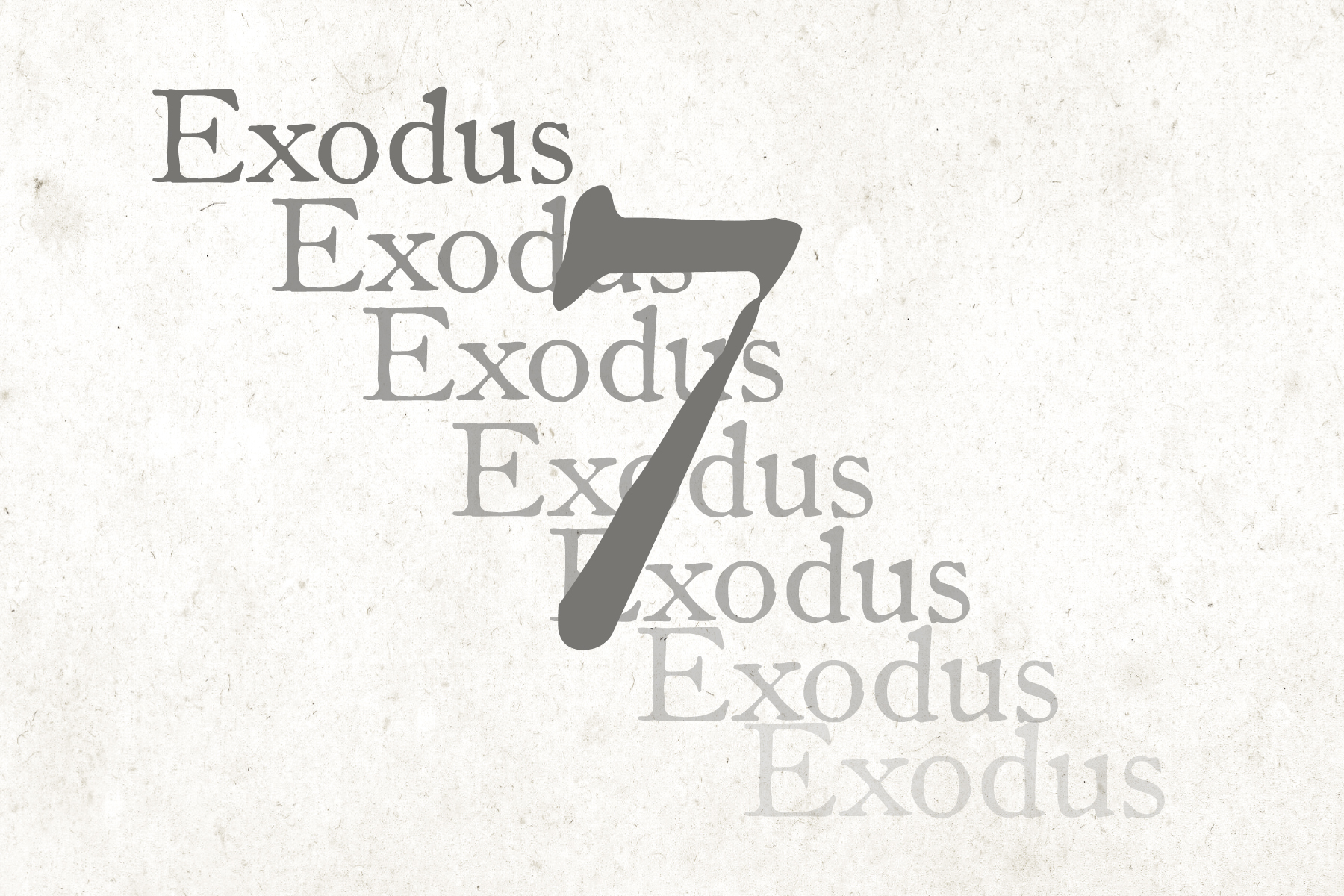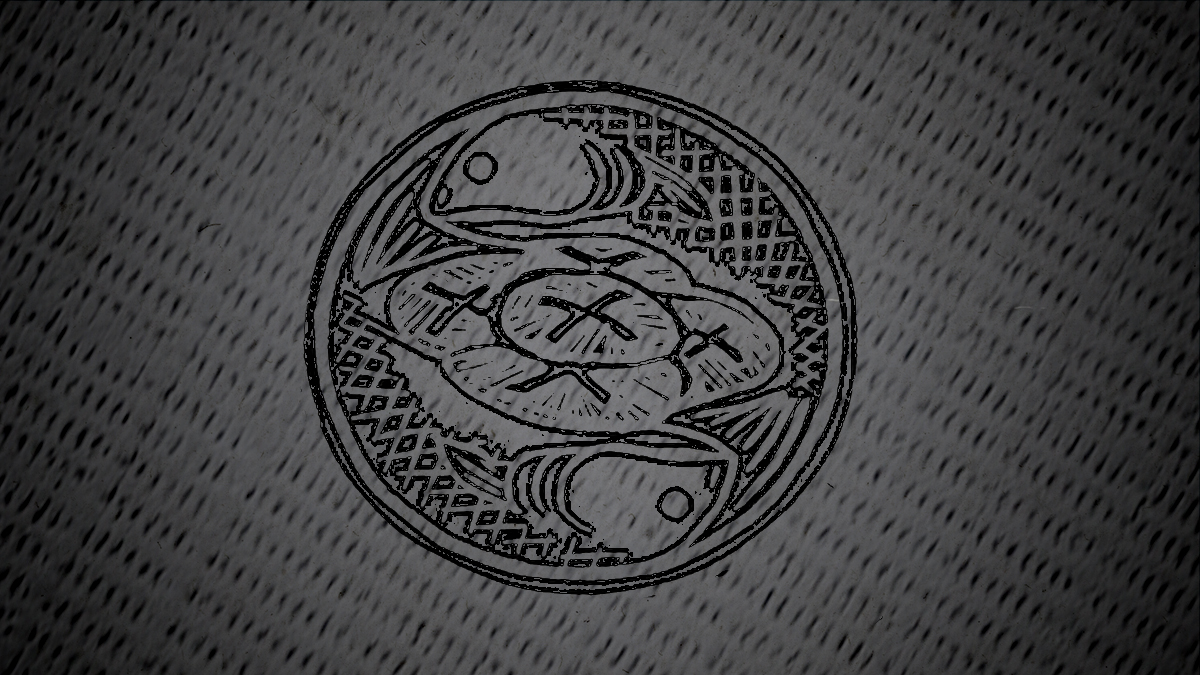
As we press on in seeking Christlikeness in our own lives, we are reminded that we are already positionally holy in Christ. We are already "seated with Him in the heavenly places" (Eph. 1:3; 2:6). The full realization of our consummate sanctification is assured to us, in the here and now, as we look in faith to the who who said "for their sakes I sanctify myself, that they also may be sanctified..." (John 17:19).

Having given brief consideration to the Israelites exodus from Egypt, we observed, in our first post, five elements to the idea of the “exodus” principle. First, we observed that Exodus takes place to and for God’s chosen people. Second, we observe a physical departure from the promised land to a pagan land. Third, we saw that the covenant people were oppressed and persecuted. Fourth, that God’s people cried out to him and He acted mightily on their behalf to redeem them. And fifth, that God’s people returned to the promised land with great physical and spiritual blessing. We also noted that the first example of an exodus principle is found not in the life of Israel as a nation, but in Abraham the father of the nation (Genesis 12; 20).
As we search Scripture we find this pattern repeated on numerous occasions. What follows is the briefest of outlines delineating several other exodus experiences found in the Scriptures:

The doctrine of the believer's union with Christ is in the pages of Scripture for our encouragement, to answer life’s big questions, to propel us into worship, and to equip us for mission.

When the Apostle Paul said of Christ that "the death that He died, He died to sin once for all" (Rom. 6:10) he was referring to something that happened to Jesus in His death, and which subsequently has had an impact on us by virtue of our faith-union with Him. While Jesus knew no personal sin, as our representative He subjected Himself to the guilt and power of sin. When He died, He died to the power of sin's dominion. This is how we are set free from the power of sin's dominion in our lives when we are united to Him by faith. Distinct from the blessing of justification--which deals with the guilt of sin--definitive sanctification deals with the power of sin.

We are often tempted to think that the messes and needs of the world are too great to bear, so it seems to make more sense just to send the people away. But Jesus has a word for us too. He may not put a miracle in our hands. He does more than that. He has put a miracle in our hearts.




















 © Alliance of Confessing Evangelicals
© Alliance of Confessing Evangelicals


